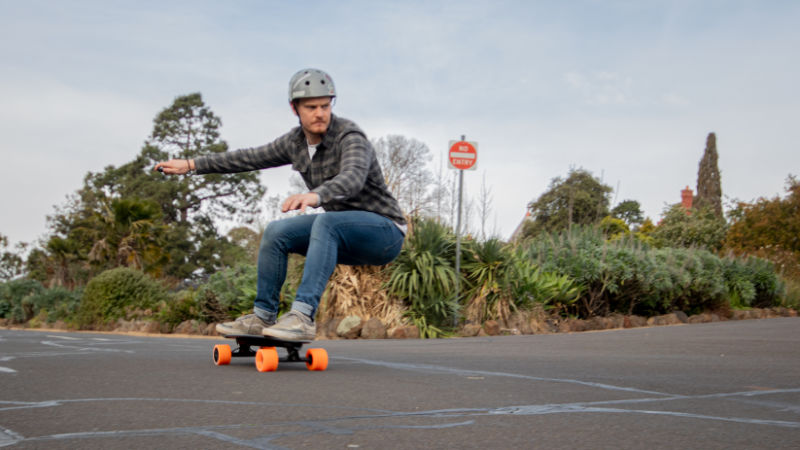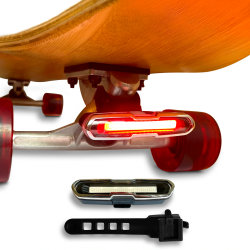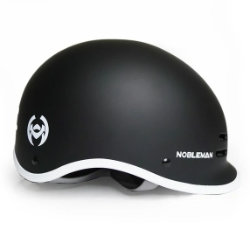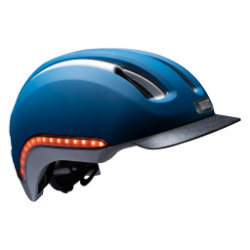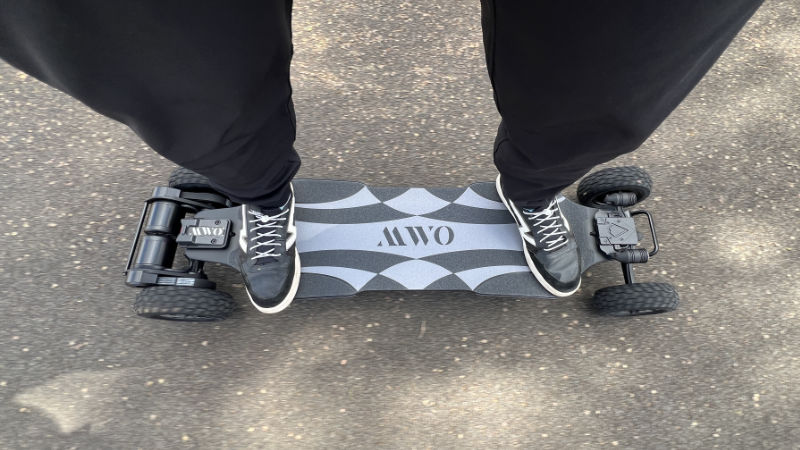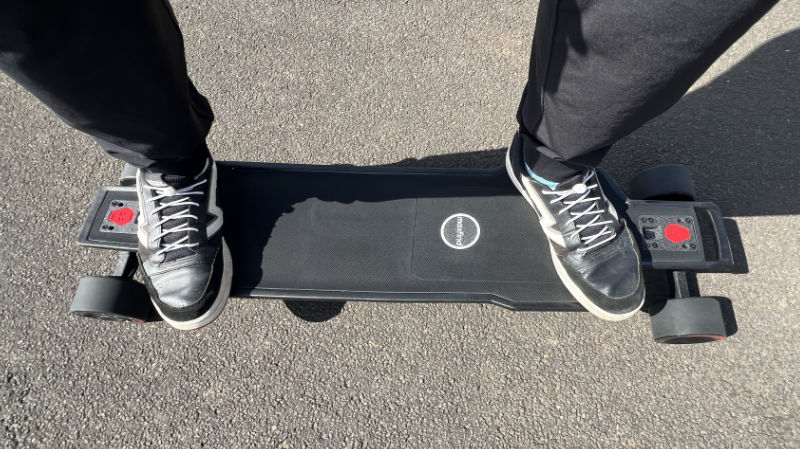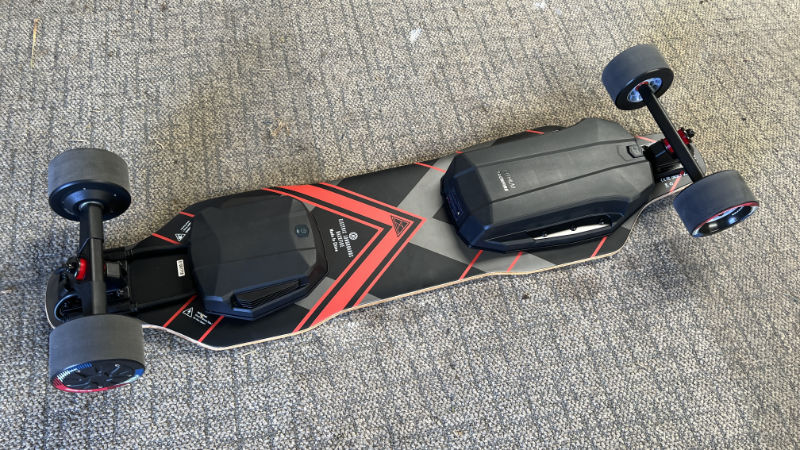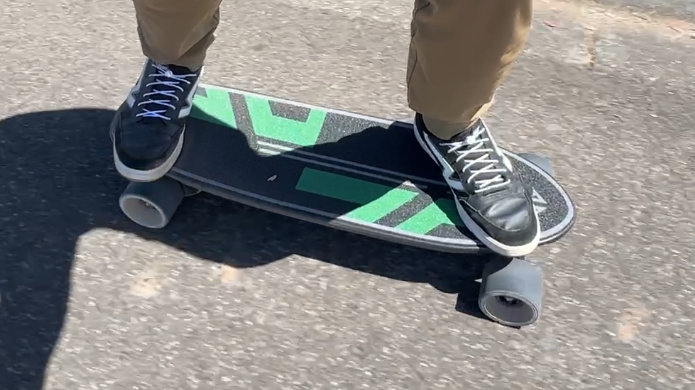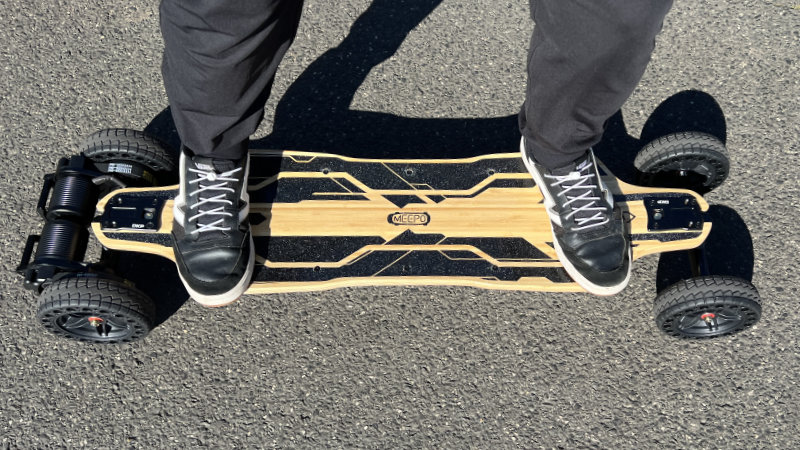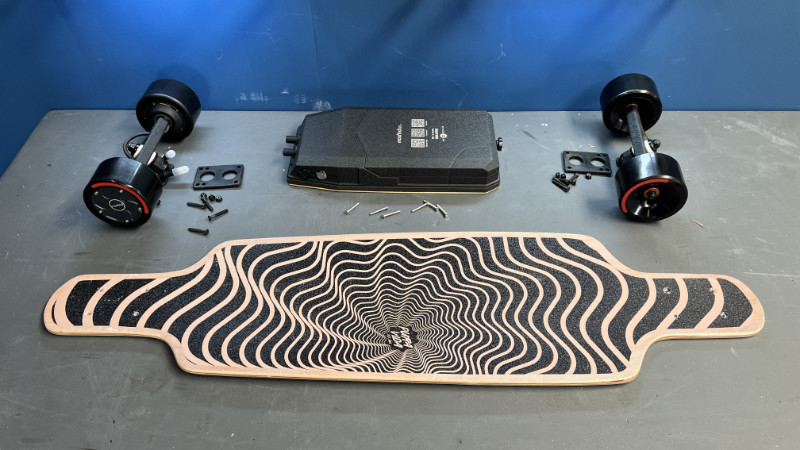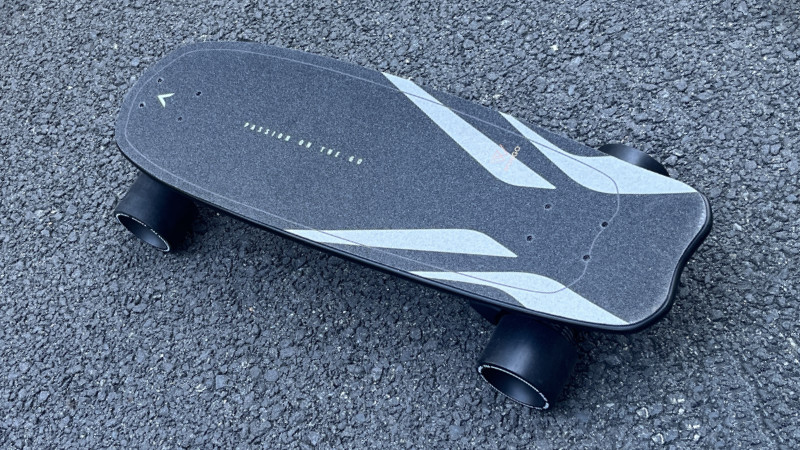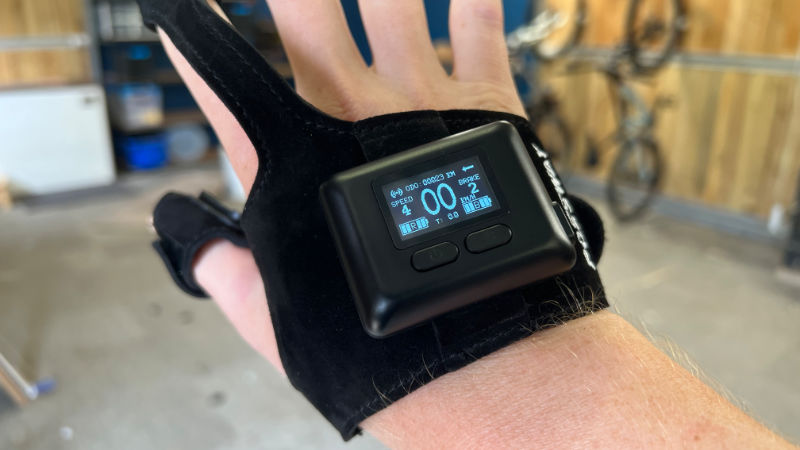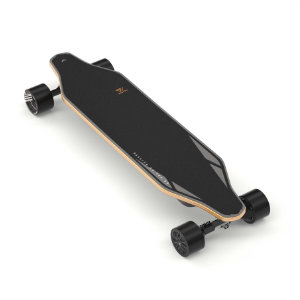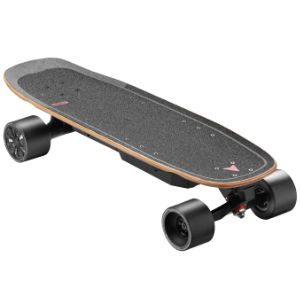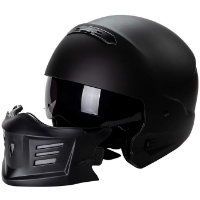Please note: The information below should not be considered legal advice. The contents of this page are for general information purposes only. Whilst I endeavour to ensure that the information on this site is correct, I do not accept any liability for error or omission.
I dare say you’ve bounced from one website to the other looking for electric skateboard laws in the UK only to find that no one really seems to know what is going on and they all just say ‘you’ll be fine as long as you don’t ride like an asshole.’
I feel your pain because while I was doing the research for this article, I found websites upon websites that gave shitty excuses as to why you should just ride an electric skateboard anyway, regardless of the eskate laws in the UK and no real evidence to back it up.
So, I dug a little deeper and went through the UK’s legislation and governmental website to try and understand the situation a little better.
After reading about the eskate laws in the UK, if you’re interested in buying an electric skateboard, be sure to wander over and check out which eboard would be the best electric skateboard for you.
Are Electric Skateboards legal in the UK?
The short answer is no. Technically, you are not allowed to ride your electric skateboard on the road or footpath in England, Scotland and Wales.
But there is some good news. On the 9th May, 2020 the UK announced that they will be bringing forward their plans to test e-scooter regulations across all of the UK from next year to next month.
That means you will be able to ride an electric scooter on public roads and paths from June onwards.
The rules that escooter riders will have to adhere to are unclear at the moment but more information will be released very soon.
So, what does this mean for electric skateboard laws in the UK?
Again, it’s yet to be seen whether or not electric skateboards and EUC’s will be included as part of this trial. If so, that’s great news, if not, it’s still very promising for the Personal Electric Vehicle community as a whole.
While these trials are going ahead, it is imperative that we as eskaters act as role-models. Practice safe riding by wearing a helmet, giveway to cars and pedestrians, be respectful to other road/path users and follow all current road rules.
This will give us the best odds of legalising electric skateboards in the near future!
It’s actually quite interesting to see why electric skateboard laws have been such a grey area for so long.
Well, it’s mainly because of the Highway Act 1835.
As for the ability to ride electric skateboards on the footpath, the act states that a “carriage of any description” (a broad term they use to include anything that carries something or someone) cannot ride on a footpath intended for pedestrians. So, that’s pretty much a no-go.
Not only are electric skateboards and electric scooters not allowed on the footpath, neither are bicycles, which is strictly enforced. Although, it begs the question, what about regular skateboards and scooters. Well, technically they aren’t allowed to be ridden on footpaths either, however, the police have difficulty enforcing this.
The UK is still operating on legislation that was written over 150 years ago. And to really put this into perspective, cars didn’t become popular until 1886. That’s 31 years after the Highway Act 1835 was written. You can still read about the laws governing horse and cart.
So, it’s pretty understandable why people of this modern era, including the public and law enforcement, have issues with using this Act as their governing law.
But, putting all of that aside, let’s look at a better and more logical approach to the regulations of electric skateboarding in the UK.
Basically, if you want to use a motor vehicle on a road, you need to have it registered, along with getting insurance and paying a vehicle tax. Plus, you need a valid drivers licence to operate it on the road.
Arguably, an electric skateboard might fall into the category of a motor vehicle because it is a vehicle that is self-propelled by a motor.
To register a motor vehicle in the UK, it needs to adhere to a minimum set of design and safety requirements which, unfortunately, electric skateboards do not currently meet.
I think we can all agree, that as eskaters, we don’t really want to be classified the same way that a car is because the way in which we use these two vehicles is different.
The use of an electric skateboard is pretty bang on to the way people would use an electric bicycle. Mainly for commuting or leisurely weekend rides.
Now, electric bikes, or more specifically, electrically assisted pedal cycles (EAPCs) have the same road rules as regular bicycles.
You don’t need a licence, they don’t require registration and you don’t need to pay any tax.
It would be great to see electric skateboards given the same privileges as EAPCs. It seems to make the most logical sense to me.
People are looking for alternative methods of transport to cars, buses and trains because let’s be honest, peak hour traffic is a nightmare and no one wants to stand on packed public transport like sardines.
Bicycles are great, but not everyone wants to roll into work sweating their tits off. That’s what makes EAPCs such a great alternative.
Electric skateboards and electric scooters are just as viable an option as EAPCs, maybe even better because they take up a lot less space than a bike. It’s really an individual preference here.
There has been a lot of campaigning by the UK eskate community to amend the laws and allow for electric skateboards and other personal electric vehicles.
Lee Wright, who has his own eSkate Youtube channel, and is a leading member of Carve UK and It’s Electric, spoke with me about what it’s really like to ride electric skateboards in the UK and their experiences with the police.
“Well, thankfully, in general, we find the police to be almost not interested in Electric Skateboards. In fact, it wasn’t until we had a couple of high profile incidents involving Electric Scooters in London (including a fatality) that we even got a footnote mention in articles by the media and public communications from the government.
Since then we have had some interaction with the Police in London but generally, we find that as long as we are riding safely and on the pavement, the police tend to look the other way. We have had one of our riders charged with “riding a motor vehicle on a footway” and instead of taking the £50 fine he decided to have his day in court.
Previously, there had been only one case of someone being charged by the Police for riding an electric skateboard, but once again the prosecution fell apart and the case was thrown out, which as you can imagine we were all very happy with! At Carve UK we promote safe riding, wearing protection and riding with courtesy and as long as we all abide by this simple code of conduct we generally fly under the radar.”
So, despite electric skateboarding being illegal, the police generally don’t bother you if you ride safely and courteously.
From what I’ve heard from the eskate community, the UK government is working to create laws that will permit eskaters to ride in public areas.
I asked Lee about his outlook on the future of eskate laws;
“If I’m honest, bleak. I think with a lot of emerging things the temptation is to crack down on it and with the pressure that TFL are applying on the government, I expect that we will see regulation that limits the power/speed and locations for riding. That said I think once it starts going mainstream the rules will relax. I do think we are potentially in for a turbulent ride in the next couple of years.”
At first, the laws governing the way we ride electric skateboards is going to be very restrictive. By that I mean, there will be a tight speed limit, you will only be allowed to ride on specific types of roads and wearing safety gear will be compulsory.
But as Lee mentions, as eskating becomes more mainstream and people are riding sensibly, the laws will relax.
It’s a great start towards making headway on the electric skateboard laws in the UK.
So, for all you eskaters and future eskaters out there, that is the law of eskating in the UK. Yes, it’s grey. It’s up to you to make the decision about riding.
It only takes one officer to be having a bad day or to be a stickler for the rules to dish you out a fine, or confiscate your eboard altogether.
But, I would say that the vast majority of police officers will not trouble you if you ride safely, courteously, with lights and wear a helmet.
When the laws eventually change, either for better or worse, I’ll update this article so that you can stay informed. So, follow me on Facebook or Instagram to keep yourself posted.
Ride safe out there eSkaters!


